15 GPTs for Editorial Assistance Powered by AI for Free of 2026
AI GPTs for Editorial Assistance are advanced digital tools powered by Generative Pre-trained Transformers technology, designed to aid in various editorial tasks. These tools leverage the capabilities of GPTs to understand, generate, and manipulate text in a way that's specifically tailored for the editorial domain. From drafting articles to refining written content and suggesting improvements, these AI solutions are crafted to enhance the quality and efficiency of editorial processes, making them indispensable for professionals seeking to optimize their workflow with cutting-edge technology.
Top 10 GPTs for Editorial Assistance are: Linked Top Voice - LI Collaborative Article Reply,無痛 AI 編輯部|新聞生成器,Writing Companion,Kernpunkte Ersteller für Blogartikel,2 Word 2 Story,Amazon Blurb,ノート記事作成アシスタント,GiornaGPT,Newsroom Ally,Nature Medicine Style Expert
Linked Top Voice - LI Collaborative Article Reply
Empower your articles with AI-driven insights
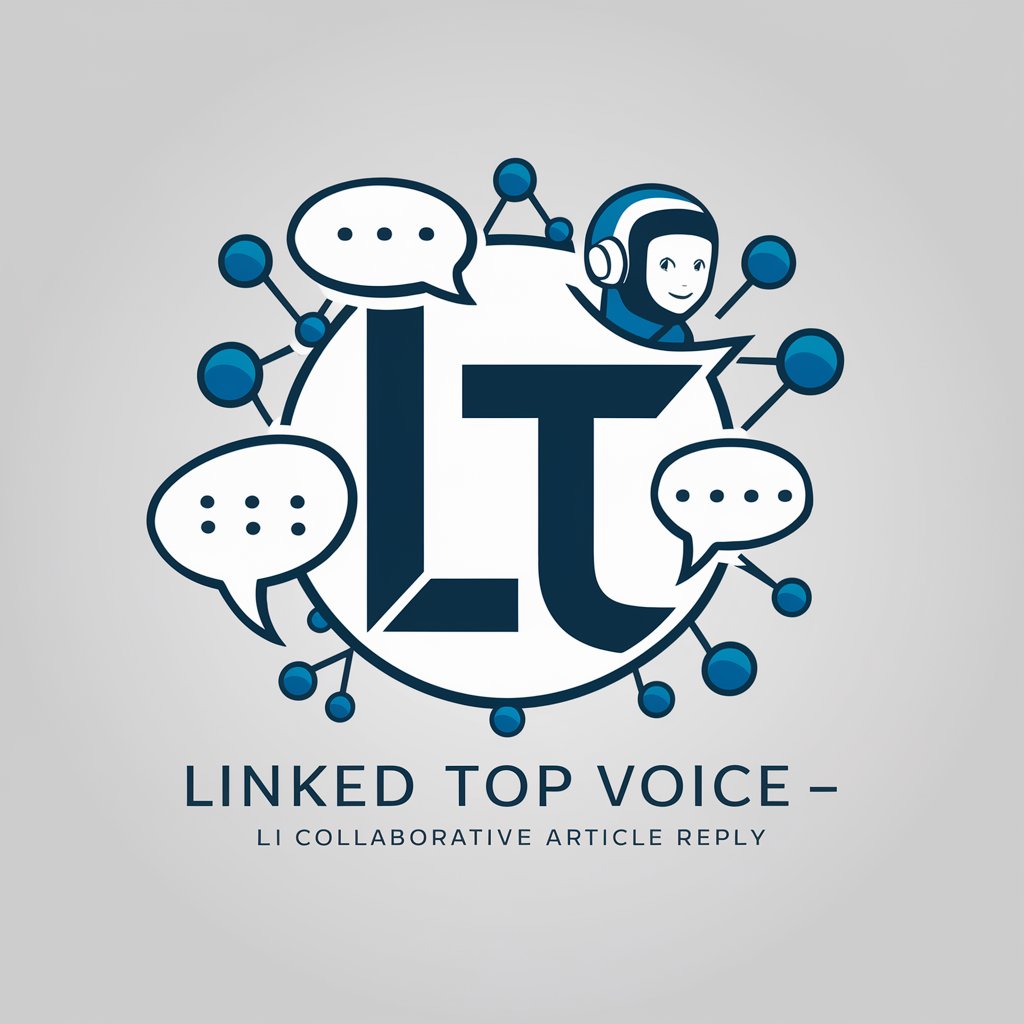
無痛 AI 編輯部|新聞生成器
Transforming news creation with AI.

Writing Companion
Empowering Your Words with AI
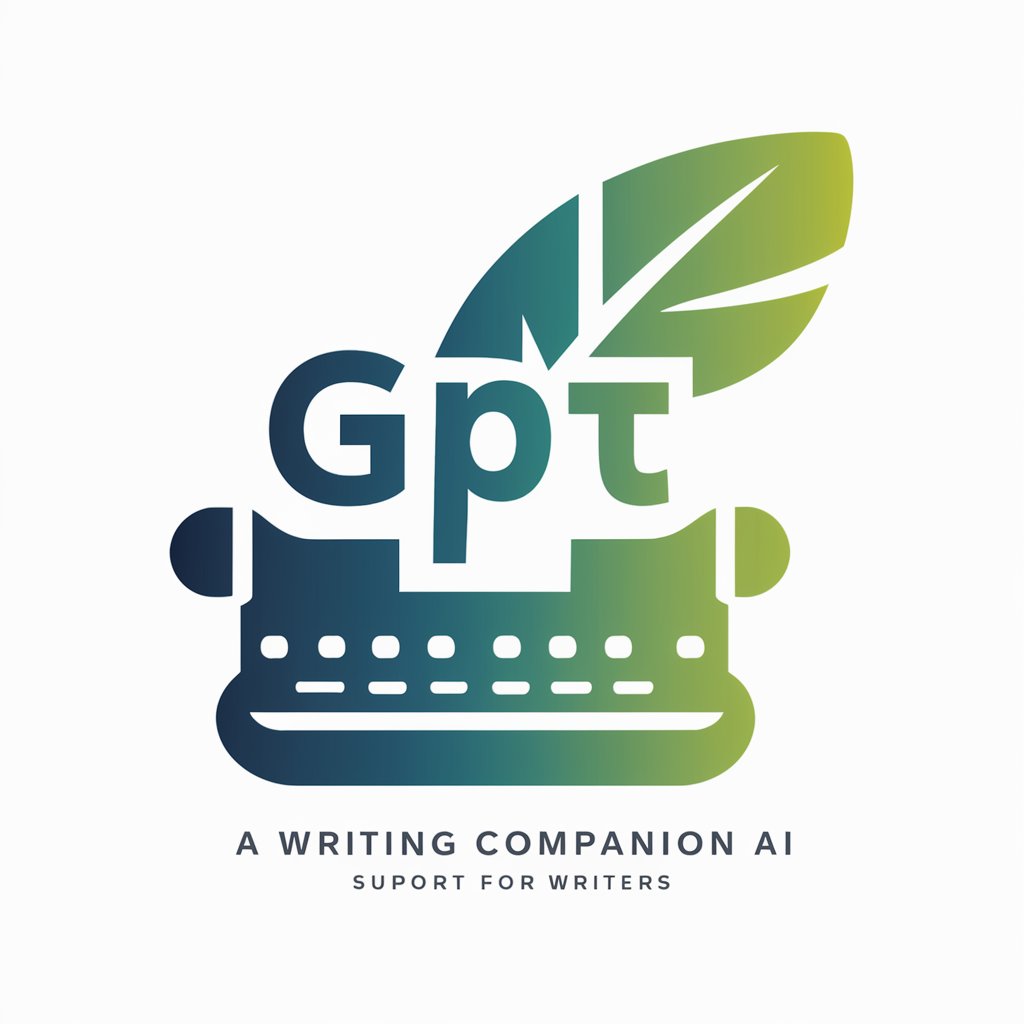
Kernpunkte Ersteller für Blogartikel
Elevating Blogs with AI-powered Summaries

2 Word 2 Story
Clarifying language, one pair at a time.
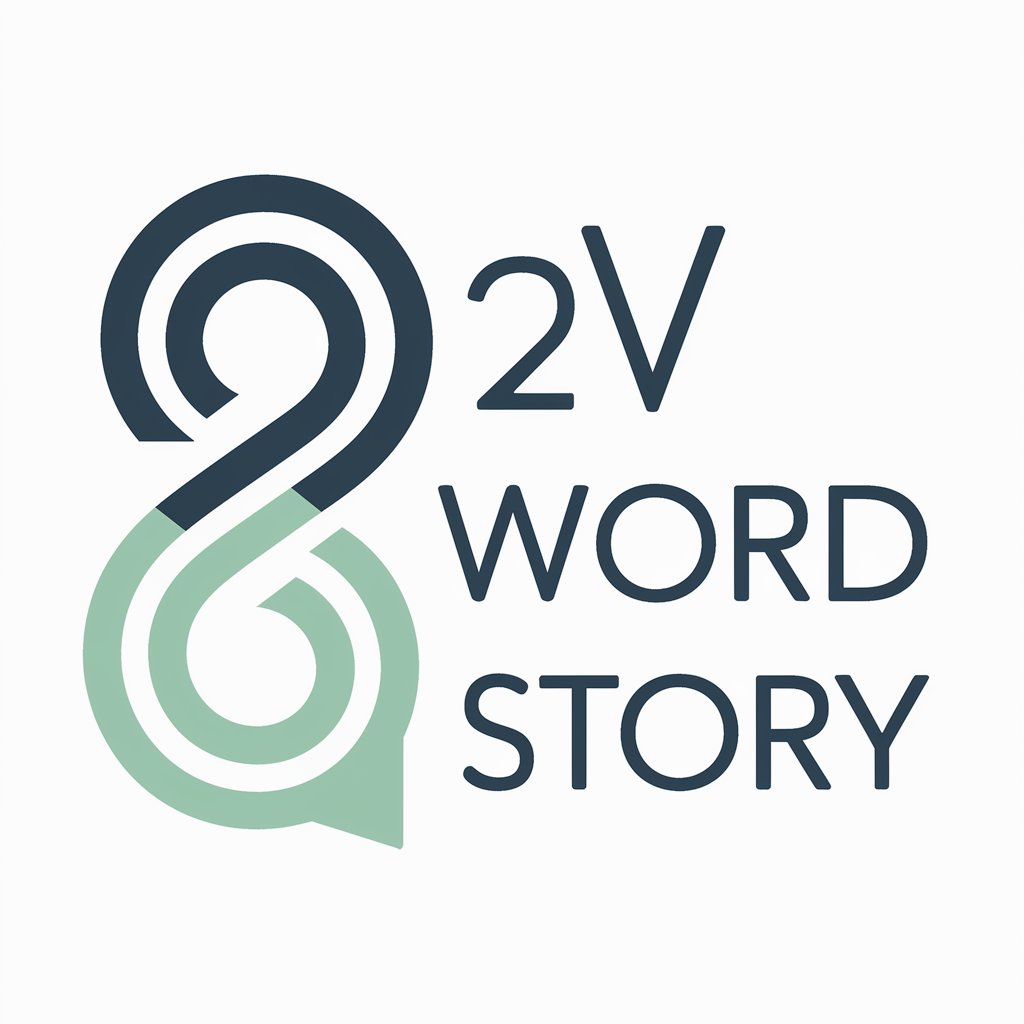
Amazon Blurb
Craft your story's essence effortlessly.

ノート記事作成アシスタント
AI-driven article crafting and editing assistant
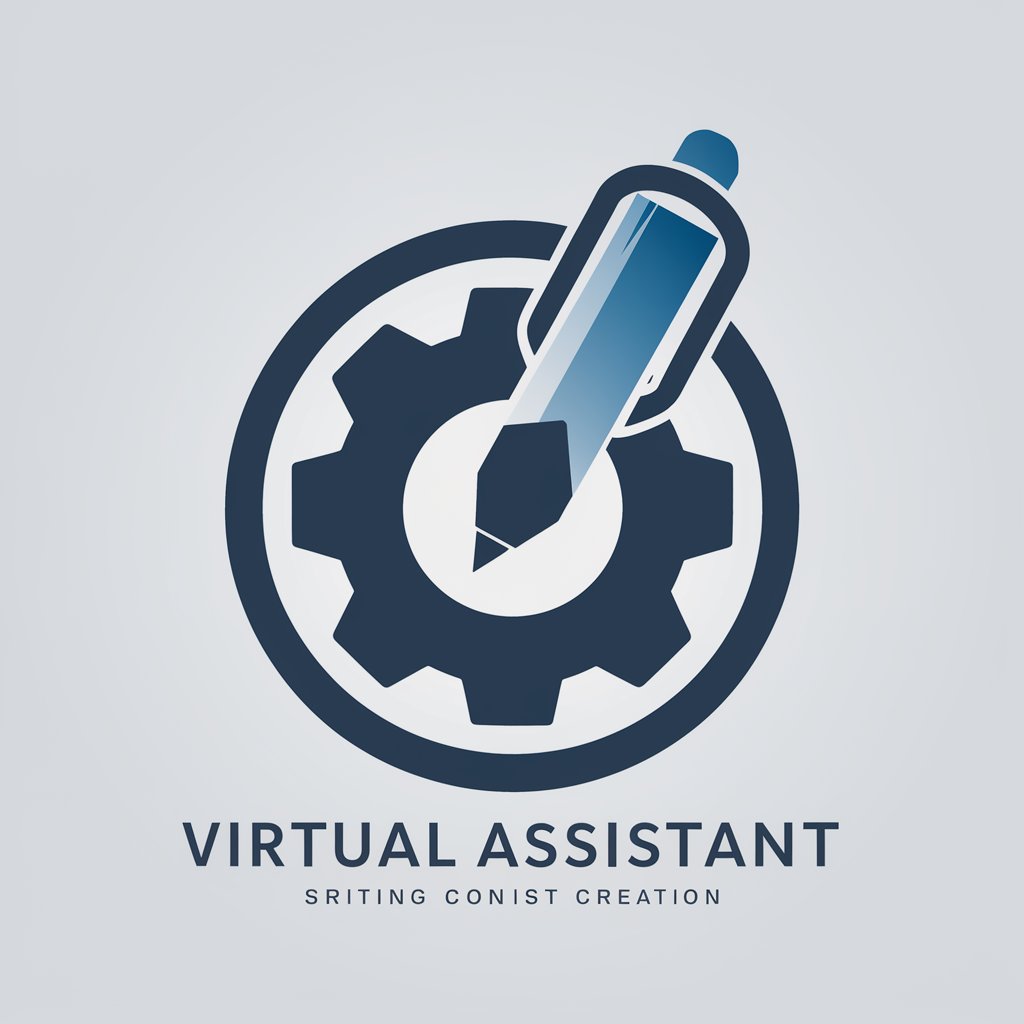
GiornaGPT
Elevating Content with AI Precision
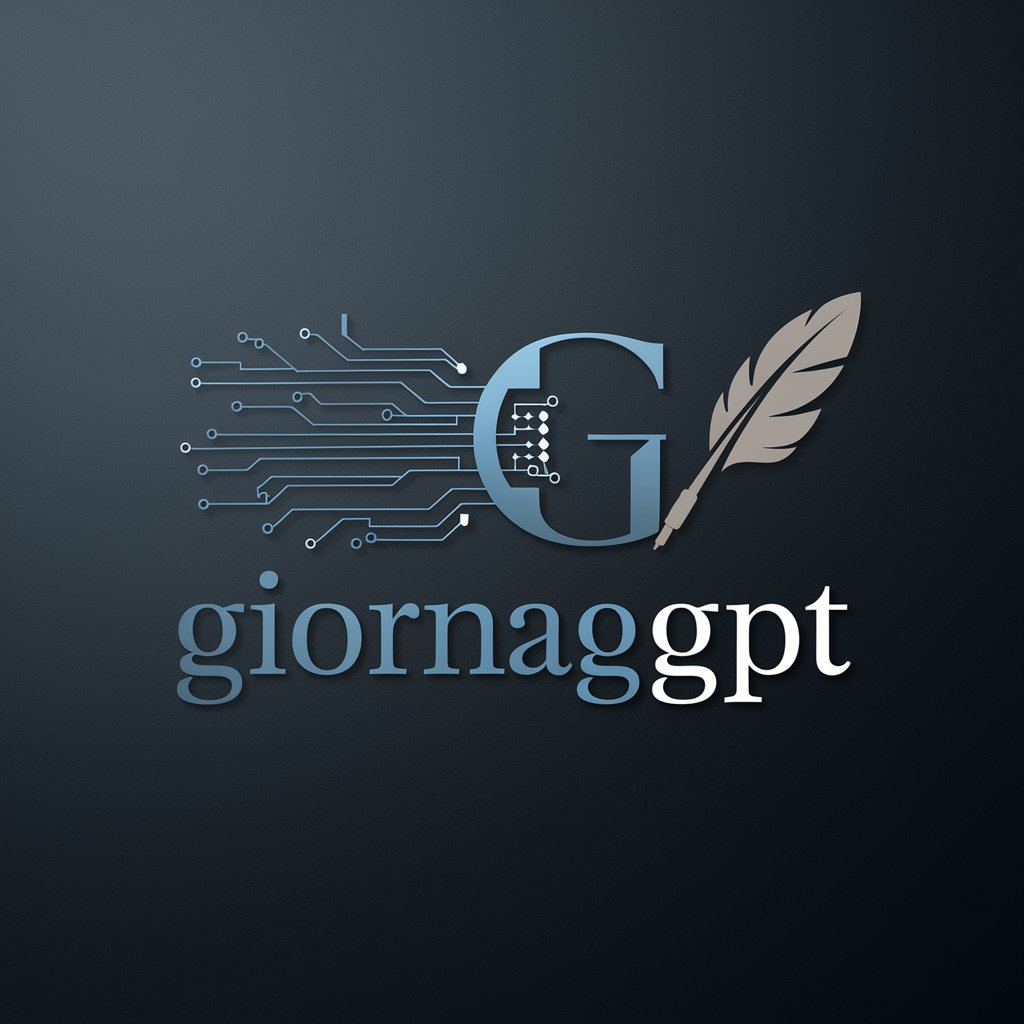
Newsroom Ally
Empowering Journalism with AI

Nature Medicine Style Expert
Enhancing Scientific Communication with AI

Good Enough meaning?
Empowering Your Ideas with AI

Real Man
Elevate creativity with AI-driven insights.

BioGPT
Crafting Musician Stories with AI
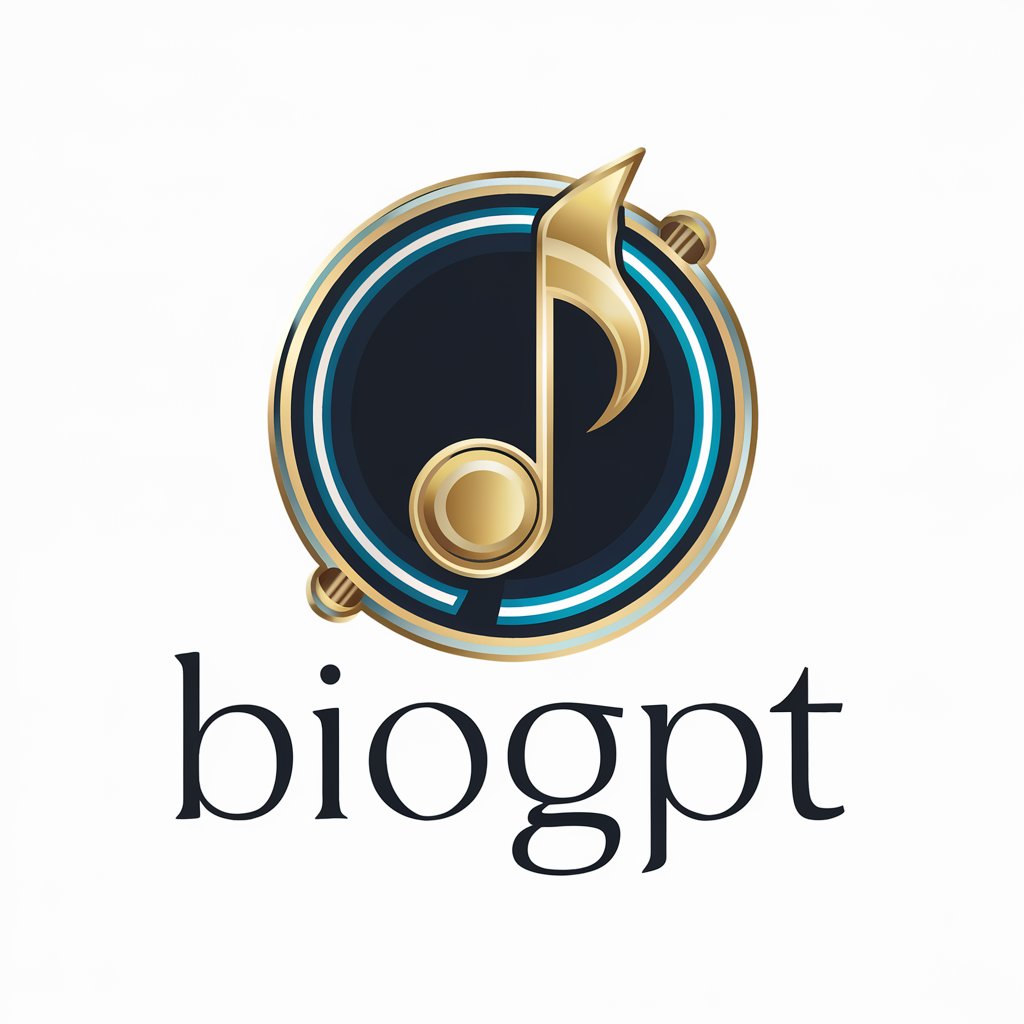
AI Detector
Decipher Text Origins with AI Power

Utopia dpa Schreibweisen-Assistent
Adapting language with AI-powered precision.
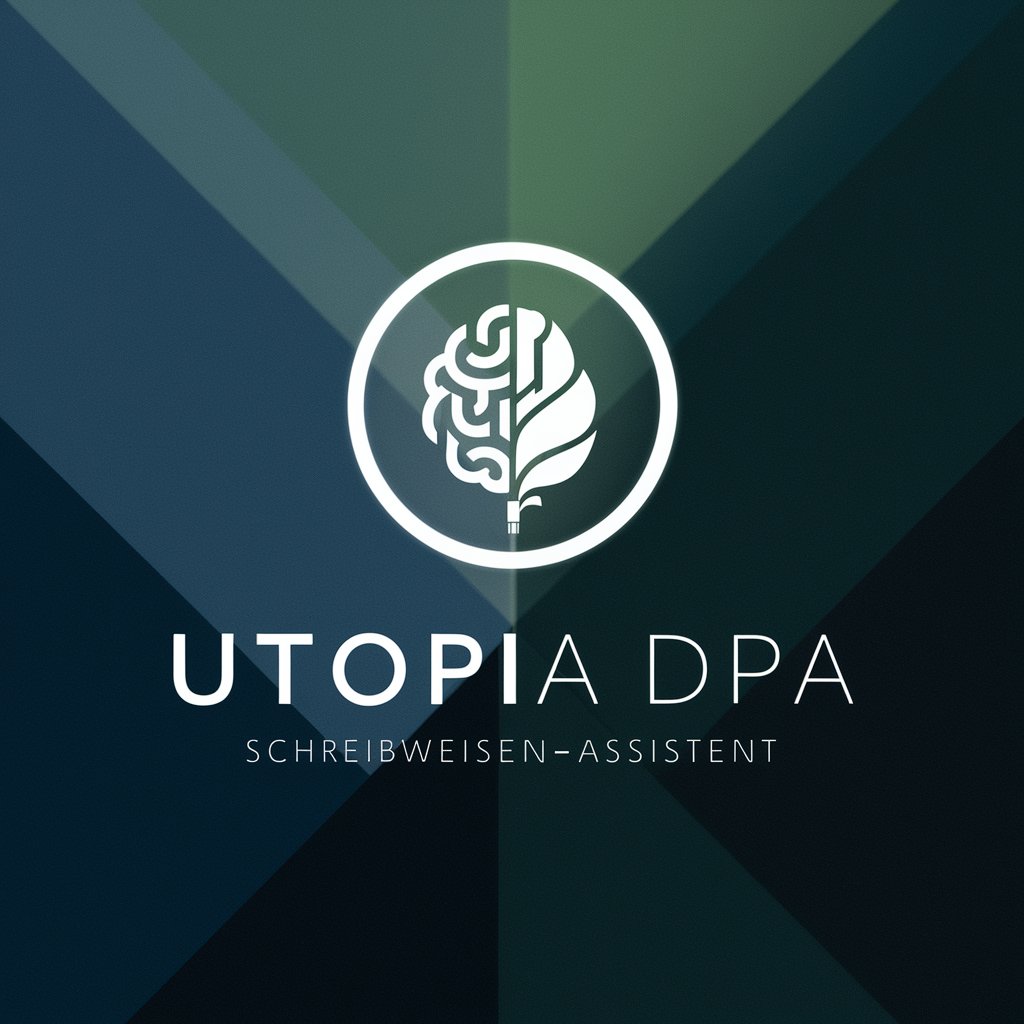
Essential Attributes of Editorial AI
AI GPTs for Editorial Assistance boast a range of unique features including advanced language models capable of understanding context, generating coherent and relevant text, and offering technical support for complex editorial tasks. These tools can adapt from simple proofreading functions to providing comprehensive writing assistance, embodying flexibility in operation. Specialized features like web searching for fact-checking, image creation for visual content, and data analysis for research-intensive articles further distinguish these tools. Their ability to learn from interactions ensures continuous improvement in providing editorial support.
Who Benefits from Editorial AI Tools
AI GPTs for Editorial Assistance cater to a wide audience, ranging from novices in the editorial field to seasoned professionals and developers. They are particularly beneficial for writers, editors, content creators, and journalists who seek to enhance the quality of their work without extensive technical expertise. Additionally, these tools offer advanced customization options, making them appealing to developers and tech-savvy users aiming to tailor the AI capabilities to specific editorial needs.
Try Our other AI GPTs tools for Free
Home Baking
Discover how AI GPTs for Home Baking revolutionize the baking experience with personalized recipes, creative design ideas, and technical support, making baking accessible to all.
Ingredient Advice
Discover how AI GPTs for Ingredient Advice revolutionize cooking and meal planning with personalized, nutritional, and dietary insights, all at your fingertips.
Long-Distance Support
Discover how AI GPTs for Long-Distance Support revolutionize communication and problem-solving over vast distances with customizable, user-friendly AI tools.
Consumer Analysis
Explore AI GPTs for Consumer Analysis: revolutionize your understanding of market trends and consumer behaviors with cutting-edge AI technology designed to provide comprehensive insights and predictive analytics.
Historical Cooking
Discover the past through AI GPTs for Historical Cooking. Explore, understand, and recreate historical cuisines with tailored AI solutions.
Album Discovery
Explore new musical horizons with AI GPTs for Album Discovery, your personalized guide to finding music that resonates with your taste and preferences.
Expanding Editorial Horizons with AI
AI GPTs for Editorial Assistance are not just tools; they represent a paradigm shift in how editorial content is created, refined, and optimized. With user-friendly interfaces and the ability to integrate into existing systems, these AI solutions offer a customizable and scalable approach to enhancing editorial productivity and creativity across various sectors.
Frequently Asked Questions
What exactly can AI GPTs do for editorial assistance?
AI GPTs can generate draft articles, suggest content improvements, automate proofreading, and assist in research by providing data analysis and web searching capabilities.
Do I need programming skills to use these tools?
No, these tools are designed for easy use without requiring programming skills, making them accessible to a broad range of users.
Can AI GPTs for Editorial Assistance generate images?
Yes, some of these tools are equipped with image creation capabilities, allowing for the generation of visual content relevant to the text.
How do these tools ensure content accuracy?
AI GPTs incorporate advanced language models and fact-checking features that can search the web for information, ensuring the accuracy of the content generated or edited.
Can these AI tools adapt to different writing styles?
Yes, they can learn from user inputs and preferences to adapt to various writing styles, making them versatile for different editorial requirements.
Are AI GPTs for Editorial Assistance secure?
Yes, they implement strong data protection and privacy measures to ensure that all editorial content is securely handled.
How do these tools handle complex technical topics?
They are designed with advanced technical support capabilities that allow them to understand and assist in creating content on complex topics accurately.
Can these tools be integrated into existing workflows?
Yes, many AI GPTs for Editorial Assistance offer APIs and customization options that allow for seamless integration into existing editorial workflows and systems.